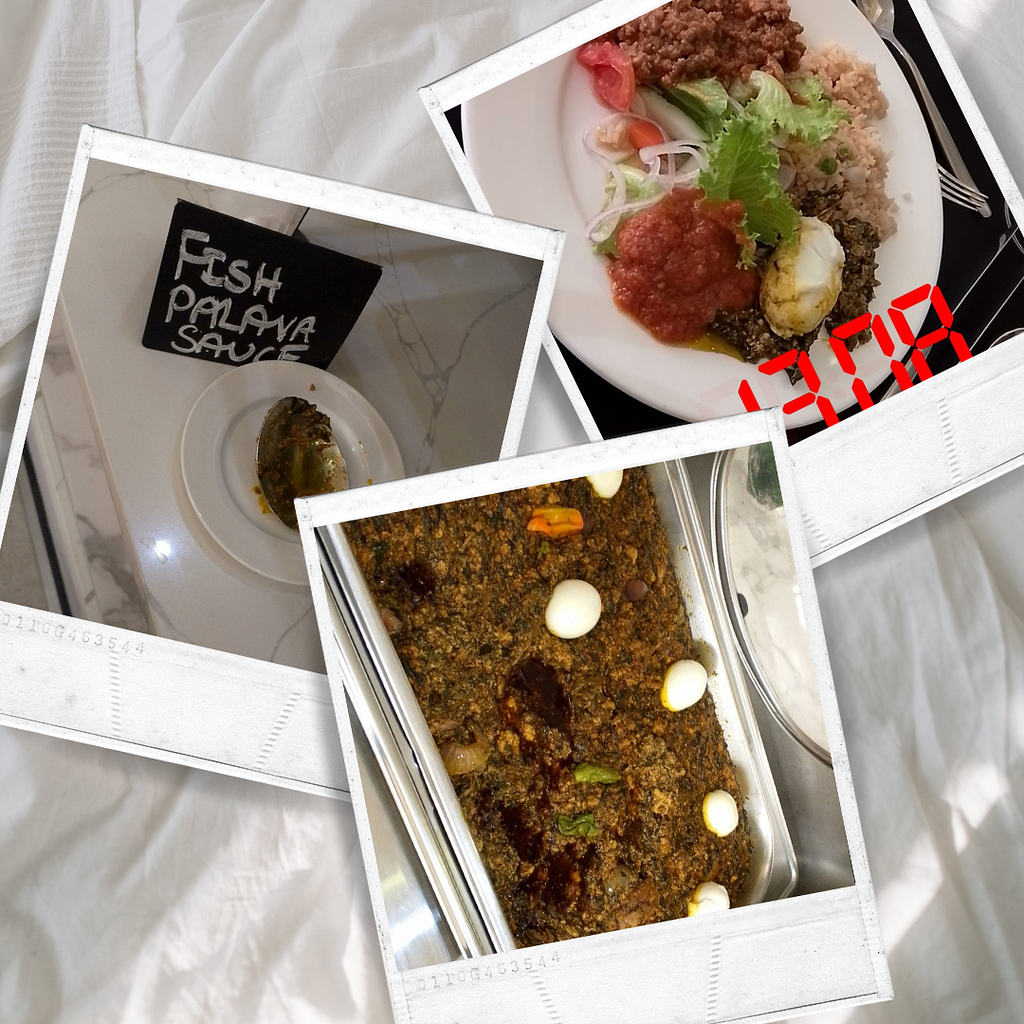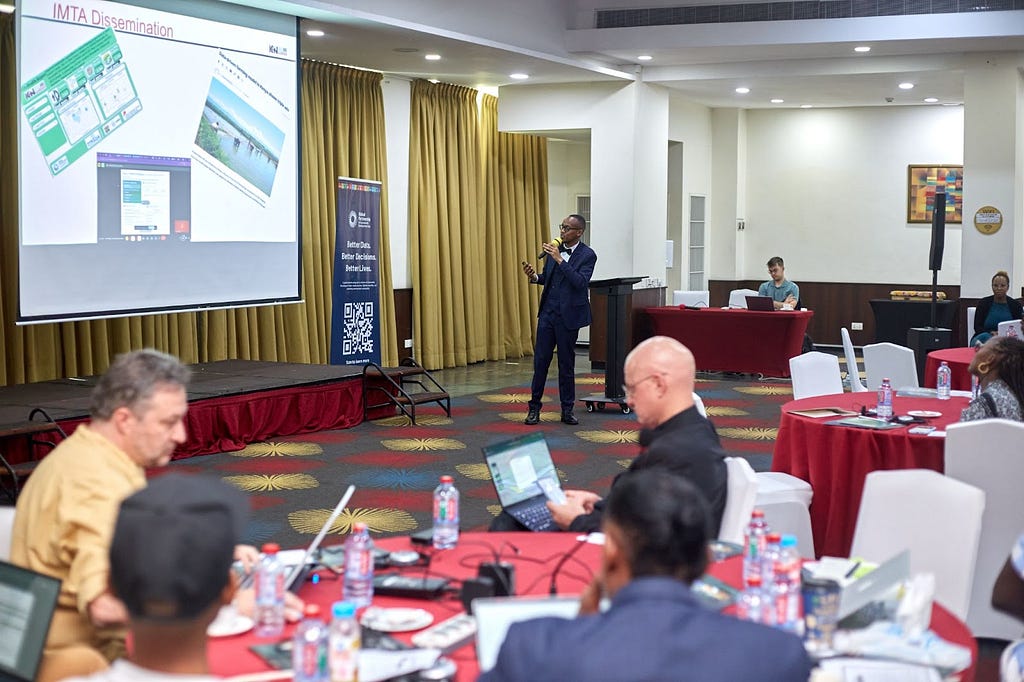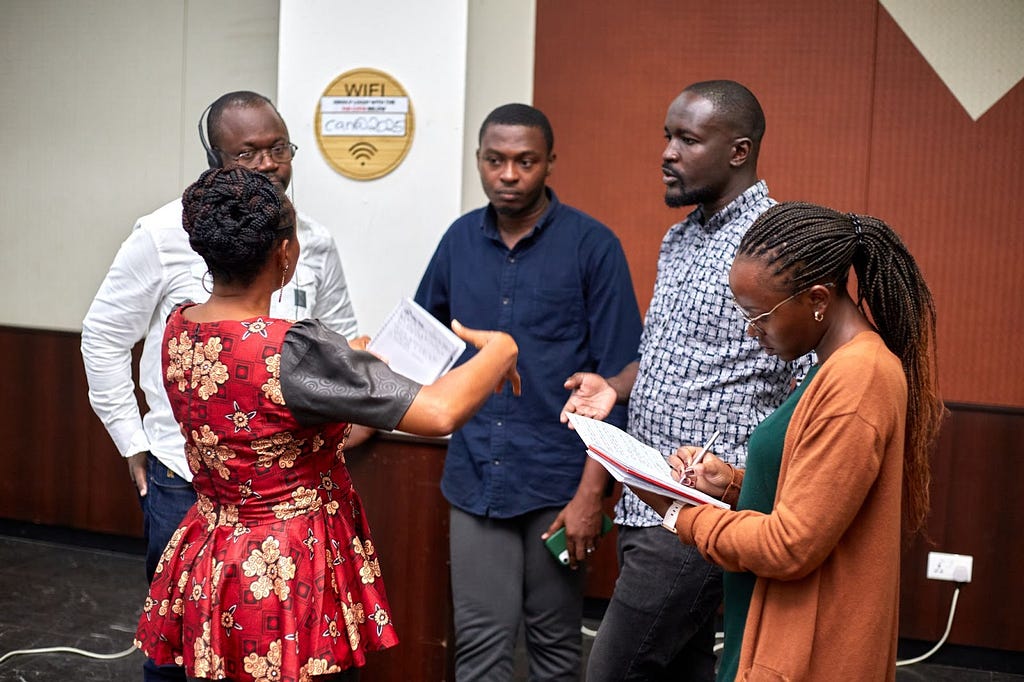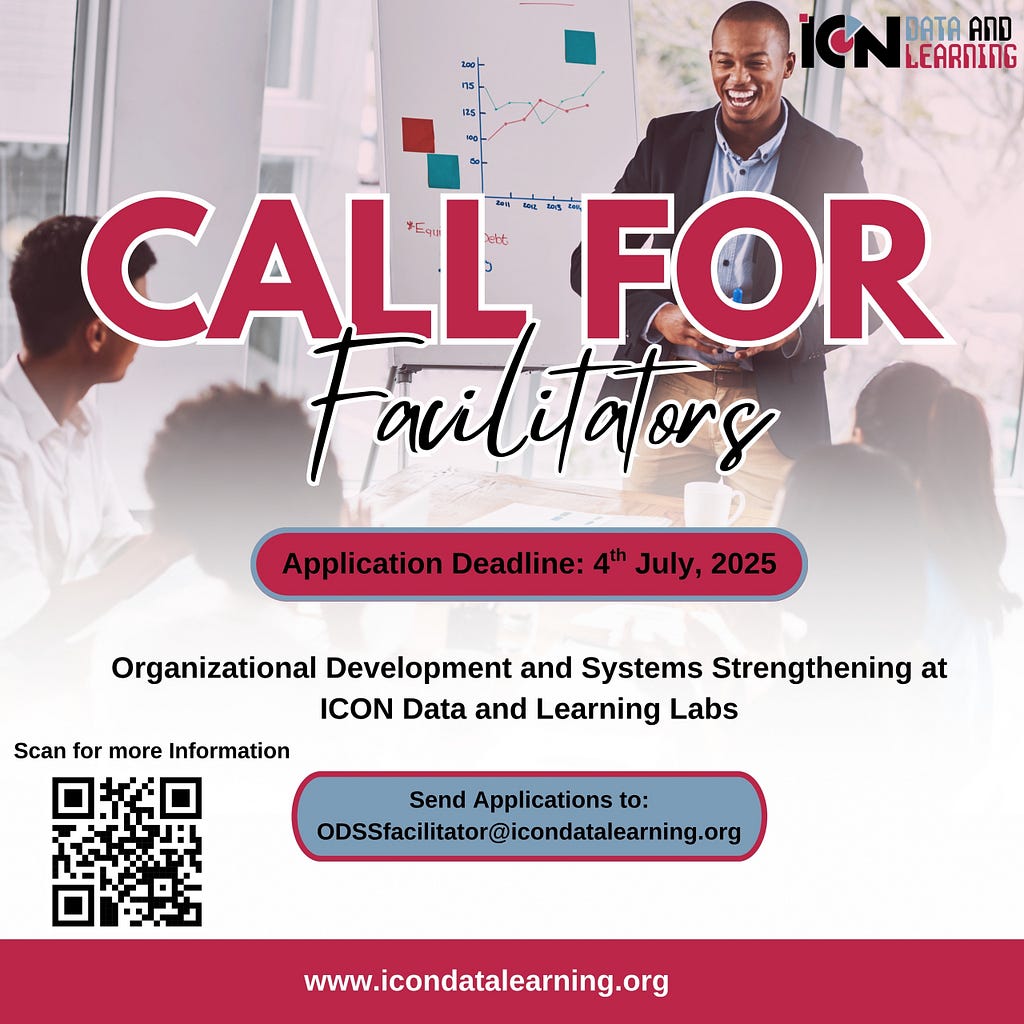Story by Andrew Njiyo and Leah Chepkemoi
They say travel is the best form of education, but what happens when you mix it with data, storytelling, and a dash of West African vibrance? You get an experience that’s equal parts discovery, collaboration, and sensory overload in the best possible way.
From the moment we touched down in Accra, Ghana, the air was thick with possibility and carried the kind of heavy, humid embrace that only a city kissed by the Atlantic can offer. The ICON Data and Learning Labs team had traded the breezes of Lake Victoria for the electric pulse of a city where history and innovation collide. And for four days we found ourselves at the heart of it all, immersed in the Data Narratives for Climate and Health in Africa workshop, hosted by the Global Partnership for Sustainable Development Data (GPSDD).

The Ghana Statistical Service welcomed us with the kind of warmth that reminded us why Pan-African collaboration matters. Between sessions analyzing data, data visualization techniques and perfecting our storytelling approach, we discovered the taste of Ghanaian jollof rice, comparing it to our pilau back home. Sharing occasional laughs with the hotel staff pronunciation of ‘soup and soap’, the kelewele and kenkey delicacies on the menu were revelations that fueled evening strategy sessions and early-morning pitch preparations.

Beyond Conventional Rice Farming: The Data-centric IMTA Approach
Representing Kenya, our Capacity Accelerator Network (CAN) Fellow presented findings from our data science use-case project, Leveraging Integrated Multi-Trophic Aquaculture (IMTA) of Seaweeds, Rice, and Fish for Climate Resilience, Improved Nutrition, and Health in Kenya or, in simpler terms, growing rice, fish, and indigenous vegetables together for sustainability, climate adaptation and better nutrition.
Our data science study revealed critical insights that traditional agricultural approaches miss. By combining a baseline survey of farmer households and predictive modeling, we uncovered the barriers preventing farmers from adopting this unique practice. The data told us exactly where interventions were needed and which farmers would benefit most from IMTA systems.
The numbers painted an exciting picture of what’s possible. With IMTA systems, rice yields could increase by up to 8%, while fish production has the potential to reach 0.75–1.5 tons per hectare from zero production initially, a game changer for food security and livelihoods. Gross revenue could soar by approximately 42%, driven by more efficient resource use, while input costs of synthetic pesticides would plummet thanks to natural pest control. And perhaps most importantly, the environmental footprint of farming could shrink, as sustainable practices help restore balance to ecosystems.
But perhaps most importantly, our data revealed critical equity insights that mainstream agriculture often overlooks. While 57% of households believe in the rice-fish system’s benefits, only 19% are currently practicing it. The gap? Women farmers, who bear the burden of climate stress and poor nutrition, face systemic barriers to adoption. Our data science approach shows that female-headed households, despite being key community voices, need targeted support for water infrastructure, training, and access to resources.
What makes this revolutionary isn’t just the farming technique. It’s how we’re leveraging data science to predict outcomes, identify optimal locations, and measure impact across climate and health indicators.

The Path Forward
The Ghanaian heat was relentless, but thankfully, so was the air conditioning. A huge shoutout to OpenUp for leading technical deep-dives into data-driven solutions tailored for climate and health, topped off with a high-pressure pitching competition that left us sweating harder than the Accra sun.

But beyond the cultural exchange, something profound happened in those three days. When we presented our IMTA model to climate and health experts from across the continent, we realized we weren’t just sharing a local solution. We were demonstrating how African innovation, powered by data science, could address some of our most pressing continental challenges.
We didn’t just bring back memories; we came back with a game plan: mapping of potential IMTA zones across Kenya, with incorporation of satellite data for enhanced modeling, that will culminate in a web-based platform showcasing our findings, because this model deserves a bigger stage. This is not just about data/us; the real impact lies with the African farmer households whose income streams will be diversified thanks to fish sales, improved nutrition through consumption of highly nutritious indigenous vegetables, and most importantly, the communities that will no longer lose entire harvests to climate shocks.
When farmers transition from subsistence to surplus production, when communities gain access to diverse, nutritious foods, we’re not just changing farming. We’re transforming livelihoods, health outcomes, and economic trajectories.
We can’t wait to be back!
This wouldn’t have been possible without the efforts of GPSDD in setting up, thoughtful agenda, an unforgettable experience and to OpenUp for sharpening our skills and storytelling game. Thank you for stretching our minds beyond the numbers and into the heart of impactful data storytelling. A first of many! We left Ghana with more than data, we left with direction, connections, and a renewed mission to make climate and health data work for the communities that need it most.







